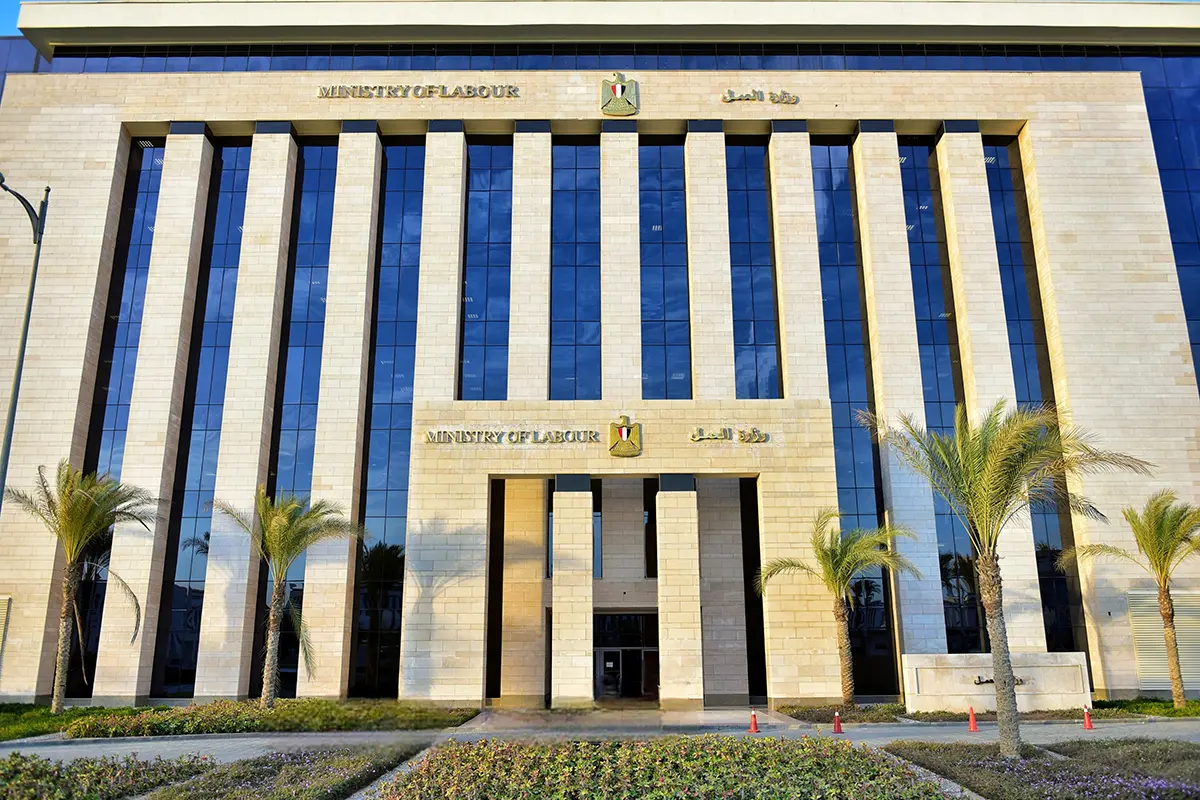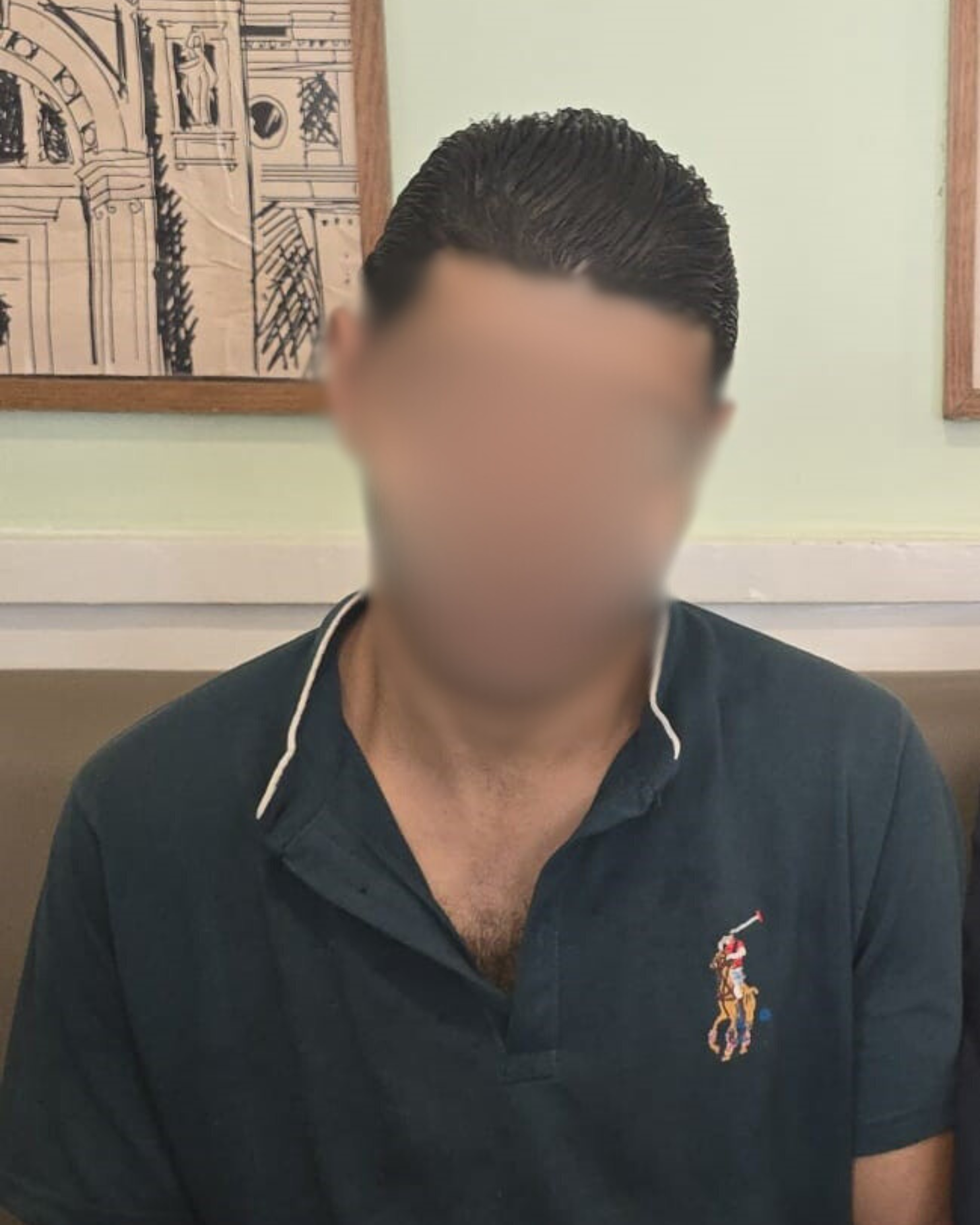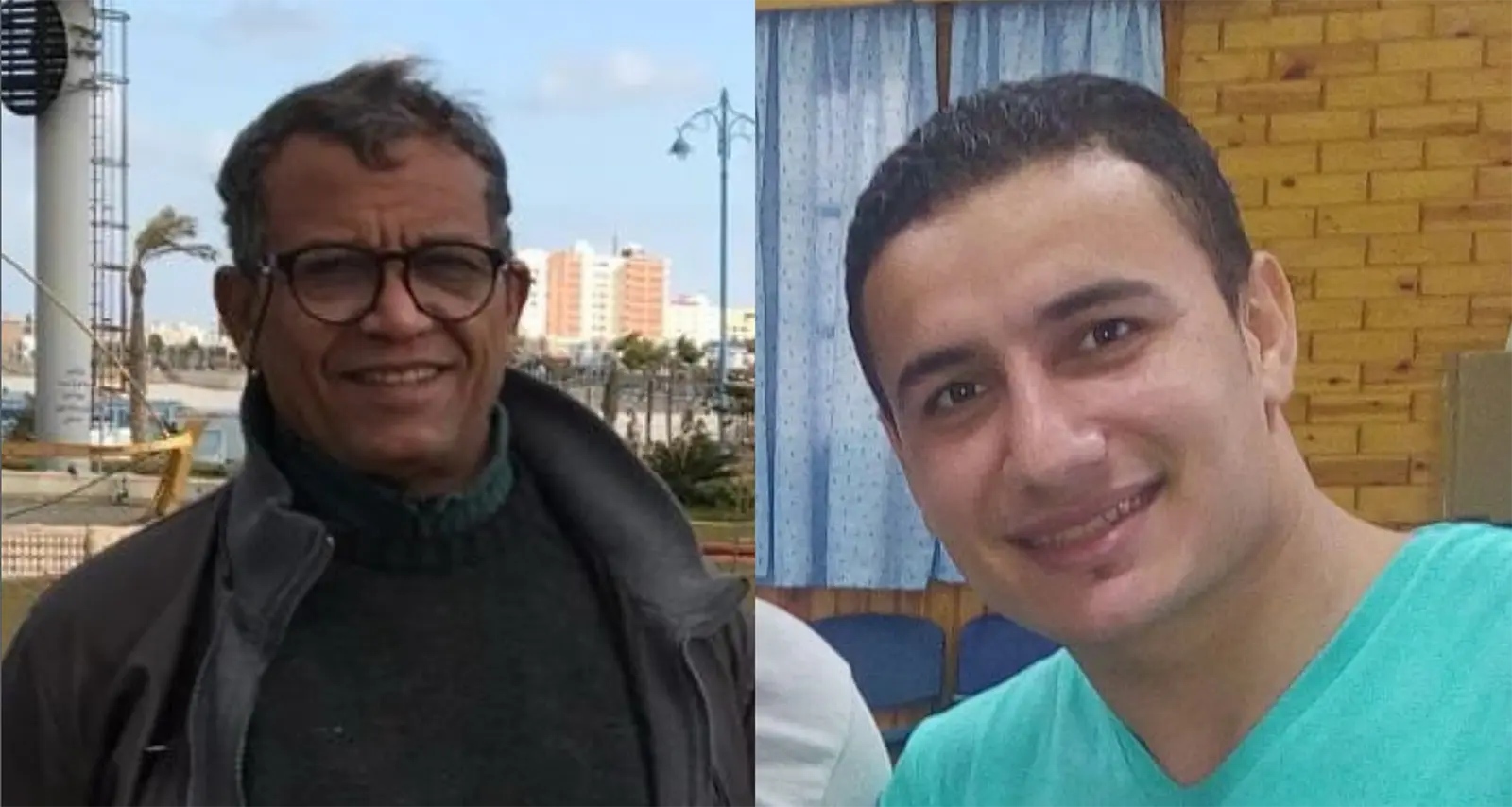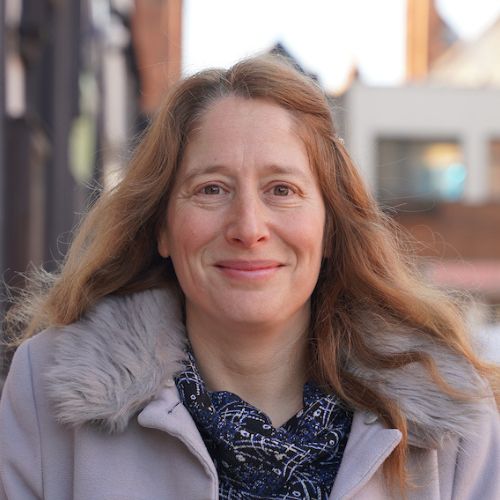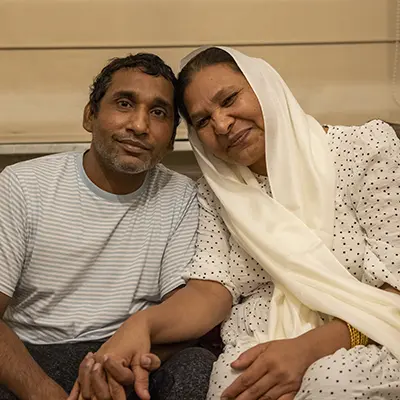New decision allows paid religious leave on Easter for Christian employees under Egypt’s Labor Law
ADF International supports an ongoing petition seeking full recognition of Easter Sunday as a national public holiday
Following Prime Minister’s Rejection, Egyptian Christians Petition Government in Case to Recognize Easter Sunday as a Public Holiday
First hearing held in case to officially recognize Easter; presents new opportunity for Egypt to advance religious freedom protections, as petitioners seek to end requirement for millions of Christians to work or attend school on Easter Sunday.
ADF International supports the petition to protect Egyptian Christians’ right to worship on Easter in an ancient cradle of Christianity.
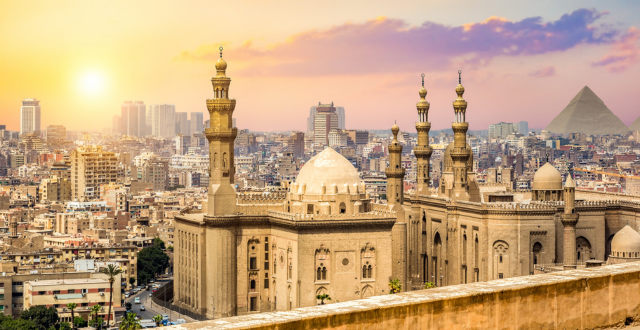
CAIRO — 13 OCTOBER. Over the weekend, Egypt’s Administrative Court heard an appeal challenging the Prime Minister’s denial of a petition calling for Easter Sunday to be recognized as an official public holiday. The petition, submitted by lawyers and citizens from diverse religious backgrounds and supported by ADF International, urges the government to designate Easter—one of the most important and widely celebrated days on the Christian calendar—as a public holiday. The case will now move forward to the State Commissioners Authority, who will consider the matter on January 17, 2026.
Egypt has one of the oldest Christian communities in the world, and Christians continue to make up over 10% of the country’s population. Despite the estimated 10 million Christians living in Egypt, Easter Sunday is not currently recognized as a public holiday. Because Sunday is a regular working day in the country, rather than part of the weekend, many Christians are forced to attend work or school on Easter Sunday.
“This petition represents an important opportunity to advance the right of Christians to freely practice their faith in Egypt. For millions of Egyptian Christians, recognizing Easter as a public holiday would mean being able to fully observe one of the most sacred days of their faith without having to choose between work or school and their religious practices."
- Kelsey Zorzi, Director of Advocacy for Global Religious Freedom at ADF International
“For years, I’ve been forced to work on Easter Sunday. I’ve been denied the ability to attend church and celebrate with my family,” said one government employee at Egypt’s Ministry of Higher Education.
Even when accommodations are requested, they are often denied. As one Christian lawyer in Cairo explained, “I was required to appear in court on Easter Sunday. The judge refused to reschedule. I missed church and family traditions.”
Other religious holidays, including Orthodox Christmas and Muslim celebrations, are already officially recognized by the Egyptian government. The lack of recognition of Easter forces Christians to choose between observing their faith and fulfilling their professional or academic duties.
“This petition represents an important opportunity to advance the right of Christians to freely practice their faith in Egypt,” said Kelsey Zorzi, Director of Global Religious Freedom for ADF International. “For millions of Egyptian Christians, recognizing Easter as a public holiday would mean being able to fully observe one of the most sacred days of their faith without having to choose between work or school and their religious practices. It’s a meaningful step toward ensuring their rights are respected.”
The petition draws on both Egyptian constitutional provisions, such as the guarantees of religious freedom and equality under Articles 53 and 64, and Egypt’s obligations under international human rights treaties, including the International Covenant on Civil and Political Rights and the International Labour Organization’s Convention No. 111, which prohibits religious discrimination in employment. The historical precedent for recognizing Easter as a public holiday in Egypt dates back to the monarchy, which formally acknowledged and observed it as a holy day. Petitioners note that several other countries in the Middle East already recognize Easter, and that doing so in Egypt would mark an important step forward for religious freedom in the region.
“Recognizing Easter as a public holiday is essential because it removes a significant barrier for millions of Egyptian Christians who currently must choose between their faith and their work or education,” said Haytham Ereifej, attorney and representative of ADF International in the Middle East. “This change upholds their constitutional and international rights, ensuring equal treatment and respect for religious freedom across Egypt.”
ADF International is supporting this effort and will continue to advocate for the protection of religious freedom in Egypt and around the world.
Background
ADF International is committed to promoting religious freedom for Christians and other religious minorities in Egypt. Through engagement with local partners and international bodies, ADF International has consistently advocated for the rights of all Egyptians to freely choose, speak about, and live out their faith. Such rights are consistent with Egypt’s constitution, which explicitly prohibits discrimination on the basis of religion, as well as its commitments under numerous international treaties.
The petition to recognize Easter Sunday as a national holiday reflects a broader grassroots effort, supported by ADF International, to help build a culture of genuine religious equality in Egypt, where every citizen is free to live out their faith without penalty or restriction.
Christian Convert From Islam Freed After Imprisonment Over Facebook Posts
- Contributor to Facebook group for Christian converts from Islam has been freed after over three years in detention
- Abdulbaqi Saeed Abdo, father of 5, withstood severe conditions – and period of hunger strike – before being released from prison this month, with support from ADF International
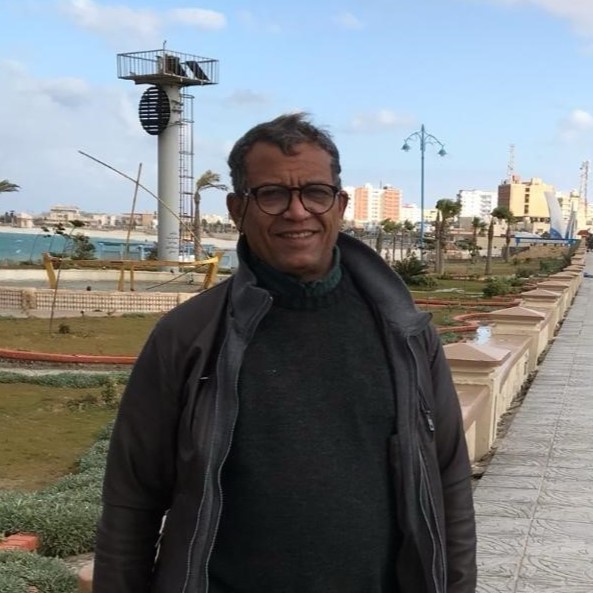
CAIRO (2 February 2025) – The father of 5 imprisoned for participating in a private Facebook group about converting to Christianity from Islam has been freed from detention after 3 years – but his case remains open.
Abdulbaqi Saeed Abdo, originally from Yemen, was part of a Christian Facebook group that discussed Islamic theology and apologetics. In 2021, Abdo was arrested while he was living as a UNHCR-registered asylum seeker in Egypt. He had originally fled to Egypt because he faced death threats in Yemen after converting to Christianity.
"It isn’t right that a government should tear me away from my family, keep me in these awful conditions, only because of the faith in which I peacefully choose to believe."
- Abdulbaqi Saeed Abdo
He was moved between several detention centers throughout his three years of imprisonment, even undergoing a hunger strike within his final six months in an act of desperation. The husband and father of five suffered from poor health in relation to his heart, liver, and kidneys.
“I endured many hardships in prison. It isn’t right that a government should tear me away from my family, keep me in these awful conditions, only because of the faith in which I peacefully choose to believe.
“I thank everyone who prayed for me while I was in prison, cared about and followed up on my case, and shared the joy of my release from prison,” commented Abdo upon his release.
Abdo’s son, Husam Baqi, added:
“It is hideous that individuals are not allowed to believe and express their beliefs freely and are imprisoned or killed for their faith.”
"This case shows the extremity of unchecked government censorship in the online age."
- Abdulbaqi Saeed Abdo
Abdo continues to fight his open legal battle with support from ADF International, who helped secure his release by submitting his case to the UN Working Group on Arbitrary Detention.
A Global Trend of Online Censorship
Commenting on the case, Kelsey Zorzi, Director of Advocacy for Religious Freedom for ADF International, said:
“The arbitrary detention of this husband and father without a criminal trial, and the lack of an opportunity for him to defend himself against alleged offenses, constitutes a severe violation of human rights.
“The peaceful expression of one’s religious convictions cannot be a crime – not in Egypt, nor anywhere else in the world. This case shows the extremity of unchecked government censorship in the online age. The world must take note.”
Support from around the World
While Abdo sufered in prison, Ayaan Hirsi Ali, research fellow at Stanford University’s Hoover Institution, described his unfair treatment as “grotesque”.
“The imprisonment of Yemeni refugee Abdulbaqi Saeed Abdo at the hands of Egyptian authorities is a surreal example of censorial blasphemy policies in action,” she said.
Previously a prominent atheist, Ali announced in November that she was converting to Christianity. Because of her outspoken rhetoric against the Muslim Brotherhood, she faces constant death threats.
“This is the logical conclusion to a trend that empowers authorities to brutalize innocent people for free expression on social media. From China to Pakistan, from Russia to Syria, from the UK to Egypt—free speech must urgently be defended from our age’s resurgent Stalinism,” she added.
Images for free use in print or online in relation to this story only
PICTURED: Abdulbaqi Saeed Abdo; Kelsey Zorzi, ADF International
Religious freedom advocates congratulate Rubio on nomination to lead US State Department, call for greater focus on religious prisoners of conscience
- 60 leaders and organizations, including ADF International, Jubilee Campaign USA, Global Christian Relief, congratulate Senator Marco Rubio on Secretary of State nomination
- Religious freedom advocates ask Rubio to continue his tireless advocacy for the persecuted worldwide, in particular for religious prisoners of conscience, and secure religious freedom as a foreign policy priority.
- ADF International supporting legal defence of the persecuted across the globe, including in Nigeria and Egypt.

WASHINGTON, DC (19 December 2024) ADF International, along with participants of the International Religious Freedom (IRF) Roundtable, an informal coalition of organizations, religious and secular leaders, advocates, and scholars dedicated to the protection of religious freedom, today sent a letter to Senator Marco Rubio to congratulate him on his nomination to Secretary of State and press for him to prioritize advocacy for religious prisoners of conscience.
In the letter, the religious freedom advocates thank Sen. Rubio for his work to promote religious freedom abroad and secure the release of prisoners of conscience, including those imprisoned for their faith or beliefs. The advocates ask that, if confirmed, Rubio would continue to make support for religious prisoners of conscience a priority in U.S. foreign policy: “If confirmed as Secretary of State, we ask that you use your platform to give an even greater voice to those who languish hidden away behind bars only because of their faith or beliefs. We ask that you use all available tools to ensure that those unjustly imprisoned for their faith around the world are freed. We know that advocacy for the unjustly imprisoned has been a personal priority for you, and we are confident that, through your leadership, it will be a foreign policy priority of the United States.”
Sean Nelson, legal counsel for ADF International and letter signatory, stated:
“We congratulate Senator Rubio, a true friend and advocate for the voiceless across the globe, on his nomination for Secretary of State. Across the globe, many are unjustly punished for living out and expressing their faith. If confirmed, we are hopeful that under Senator Rubio’s leadership, there will be renewed pressure on religious freedom violators and justice for the persecuted.”
ADF International coordinated the organization of the letter. A full list of signatories and text of the letter can be read HERE. ADF International also supported another letter sent today expressing gratitude for Sen. Rubio’s leadership on IRF issues throughout his career.
You are currently viewing a placeholder content from YouTube. To access the actual content, click the button below. Please note that doing so will share data with third-party providers.
More InformationBackground
The letter highlights several critical instances of religious persecution, including the cases of Yahaya Sharif-Aminu (Nigeria) and Abdulbaqi Saeed Abdo and Nour Girgis (Egypt).
In Nigeria, Yahaya Sharif-Aminu was sentenced to death by hanging in 2020 for sharing allegedly “blasphemous” song lyrics in a closed WhatsApp group. He is currently awaiting appeal at the Nigerian Supreme Court with the legal support of ADF International.
In Egypt, Nour Girgis and Abdulbaqi Saeed Abdo, both Christian, have been held in pre-trial detention for over two years. They were arrested in 2021 for their involvement with a Facebook page that is dedicated to supporting people who have converted from Islam to Christianity. Authorities arrested the men after discovering their affiliation with the page, spuriously linking their involvement with terrorism activities.
ADF International is pursuing international action to advocate for their urgent release following a letter from Abdo to his family where he vowed to commence a hunger strike due to the injustice he has endured.
Images for free use in print or online in relation to this story only.
Egyptian man finally allowed to list Christian affiliation on ID card, authorities rule
Egyptian Christian who has been denied an ID card that correctly stated his religious affiliation for over 10 years wins case allowing him to engage in Christian activities.
Continue readingReligious freedom advocates call on Egypt to release detained Christians accused of ‘terrorism’ for peaceful engagement on Facebook
Two Christian Egyptian men arrested, held without trial for over two years, for answering theological questions on Facebook.
Continue reading


